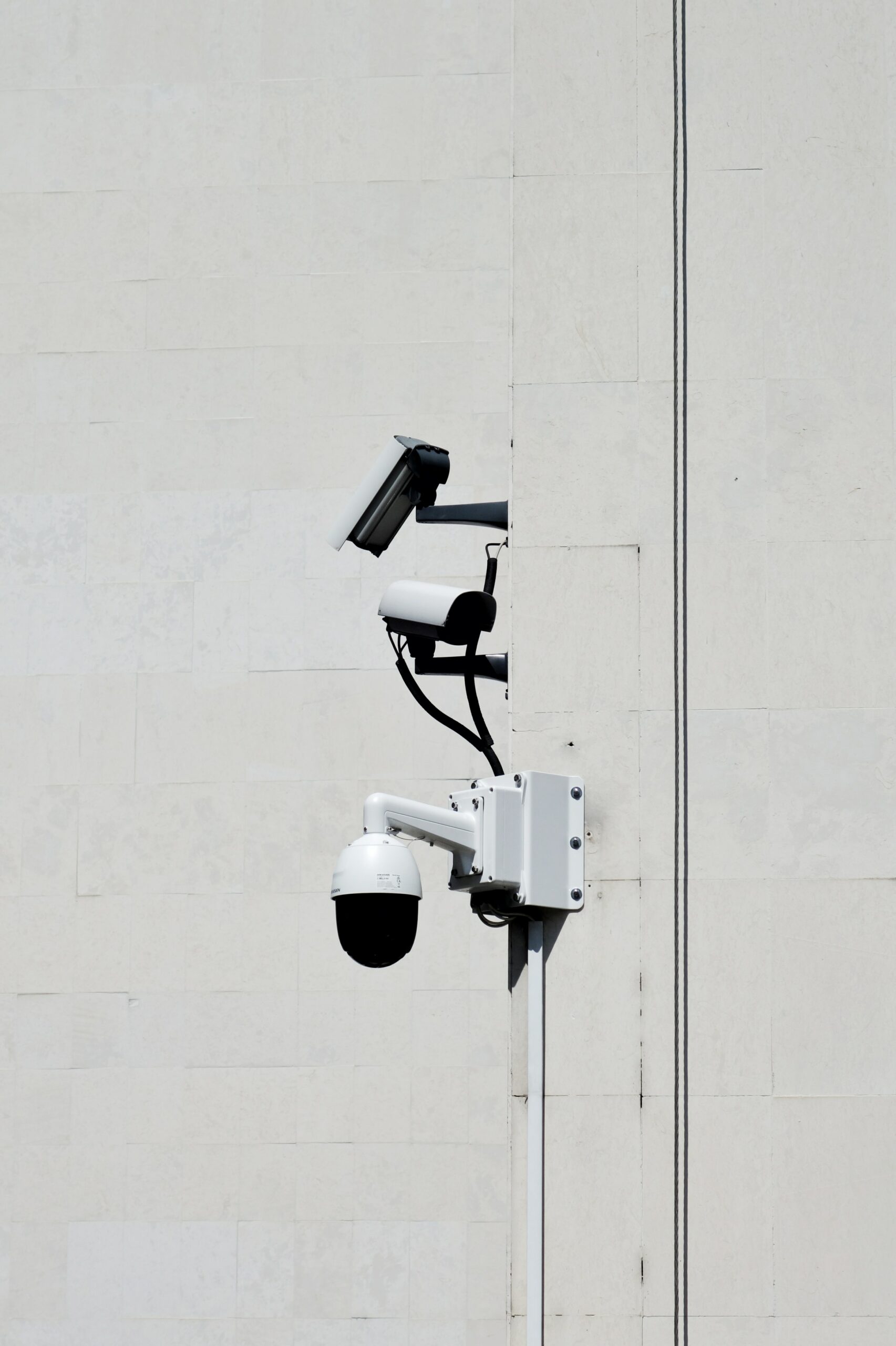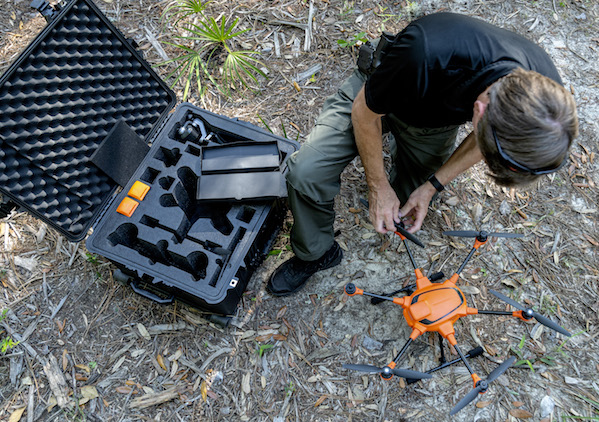Protests targeting the use of facial recognition surveillance to bolster campus safety have been mounted by college students and faculty in recent days.
Student protesters on Monday’s national day of action convinced administrators at UCLA to drop a proposed facial recognition program, The Guardian reported.
When the digital rights group Fight for The Future used facial recognition technology to scan 400 photos of UCLA faculty members and athletes, 58 were incorrectly matched to a mugshot database, according to The Guardian, which also noted that many of those misidentifications were of people of color.
“Colleges are becoming a flashpoint in the fight against facial recognition and we are really seeing a huge surge in students, professors, faculty and researchers organizing around this,” Evan Greer, the deputy director of Fight for the Future, told The Guardian.
More from UB: How the syllabus can help keep students safe
More than 150 college and university faculty, staff, and researchers protested by posting an online letter opposing facial recognition surveillance on college campuses.
“Facial recognition poses a unique threat to safety, civil liberties, and academic freedom on campus. It is inherently biased, highlighted by a recent study by the National Institute of Standards and Technology that showed some systems misidentifying people of color up to 100 percent of the time,” says the letter, which was posted on the website Medium.

Fight for The Future’s website also shows a scorecard that identifies which campuses are and aren’t (or might be) using facial recognition.
Many schools on the list have pledged not to use the surveillance technology.
More from UB: Connecticut colleges may conduct rape, sexual assault surveys
In Michigan, Oakland Community College had prohibited its chapter of Students for Sensible Drug Policy from holding a forum on facial recognition, though the school had no plans to use it, WXYZ-TV reported.
Administrators reversed the decision last week, and allowed the forum to take place, according to WXYZ.
When it comes to safety and surveillance, a growing number of campus police forces have launched drone units to watch over their schools, University Business reported last summer.
Police at Northwest Florida State College have a drone they can use to search for missing people, assess traffic accidents, photograph crime scenes and map evacuation routes.
More from UB: Blue-light call boxes survive on some campuses
“If there is a critical incident on our campus, we have a way to get a good overview of what’s going on,” Michael Traylor, an investigator at the college and the drone unit supervisor, told UB. “That kind of situational awareness is important for our first responders.”

The University of North Dakota added a drone unit in 2012 and deploys it on campus about once every two months, Eric Plummer, chief of police for the university’s Grand Forks campus, told UB.
“Until drones came along, institutions would have had to invest in helicopters or fixed-wing aircraft to have aerial support, and both are expensive to operate and maintain,” Plummer said.
But Plummer cautioned administrators about the wide availability of drones.
“You can’t just go out to Best Buy and get shiny new equipment,” he said. “You have to devote the time to keeping up the equipment, skills and knowledge to run the program.”

